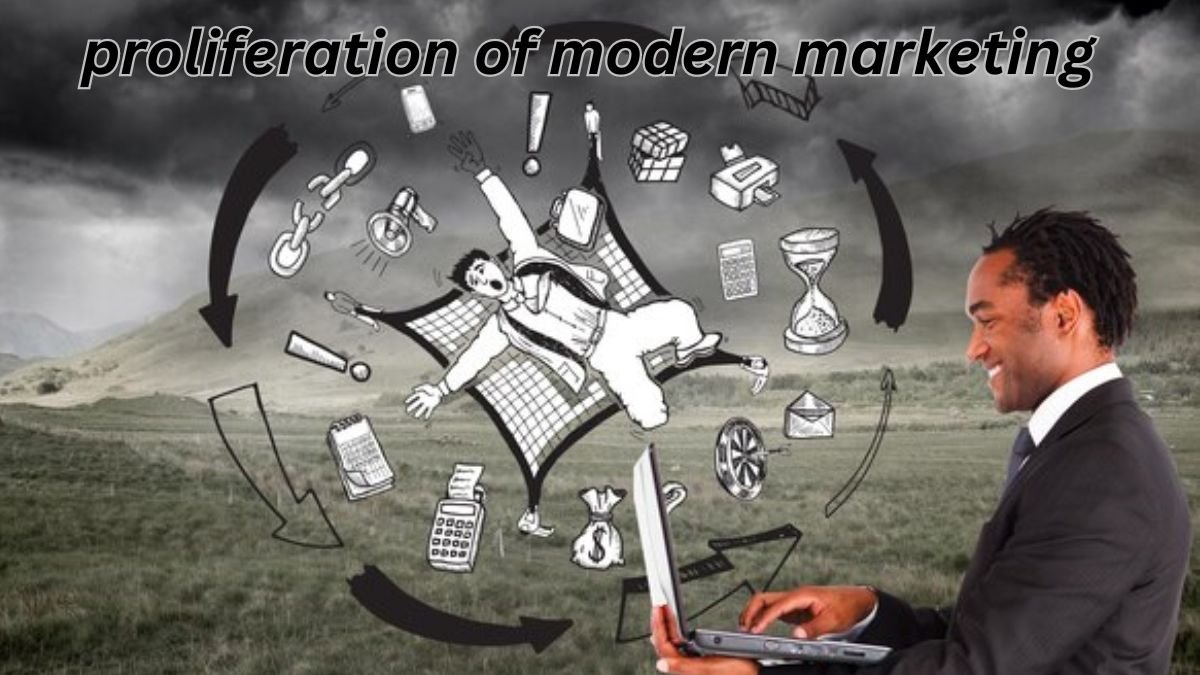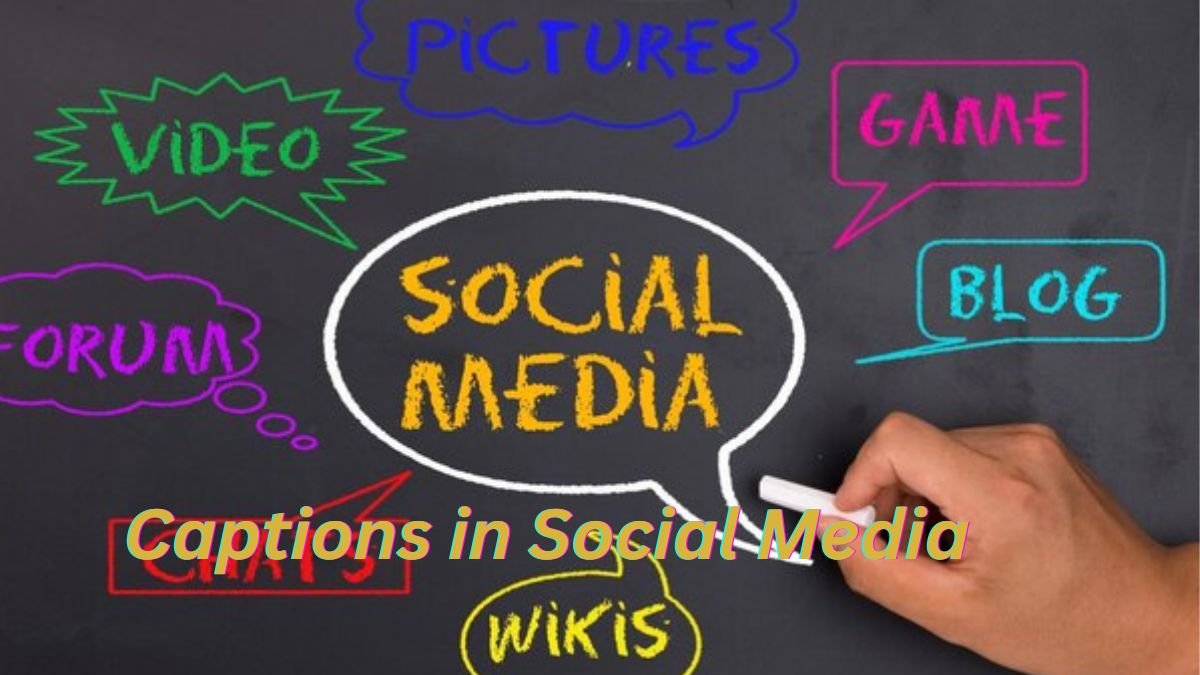Marketing has always been the lifeblood of commerce, of binding businesses with consumers. But something has happened over the last couple of decades. A simple way to promote products has turned into a multidimensional leviathan that permeates nearly every corner of contemporary experience. The Insidious Proliferation of Modern Marketing In fact, it has quietly and insidiously altered our view of everything from products on shelves to the very definition of ourselves.
The Rise of Pervasive Marketing in the Digital Age
With the digital revolution, marketing opportunities were significantly influenced like never before. The evolution of the internet has turned this newfangled method of communication and information-sharing into a brand-new way for brands to engage with potential customers, often without permission. Today, social media platforms, search engines, and even personal email inboxes are littered with highly targeted, increasingly invasive advertising.
At the heart of this is data. Hundreds of thousands of data points based on consumer behavior, interests and even moods are collected by businesses today. Data-driven marketing strategies are so precise they can know less about who individuals truly are than the data concerning those people themselves. It is not sponsored either, but even worse, invasive and manipulative because it uses psychological tricks to make you do things and aid conversion — which are basically sales tactics.
The Evolution from Traditional to Digital Marketing
Marketing has always been about understanding the consumer. Traditional marketing methods such as print ads, TV commercials, and billboards were broad-based and aimed at a wide audience. These ads were easy to avoid—by flipping the page, changing the channel, or simply walking past. However, modern marketing has taken a much more personalized and persistent approach.
With the advent of digital technology, marketing shifted from mass broadcasting to personalized messaging. Today, algorithms determine what ads you see, when you see them, and how often. As a result, marketing has become more omnipresent and harder to ignore. Everywhere you turn—on your phone, laptop, or even smart devices in your home—advertising follows .
How Personalized Marketing Manipulates Consumer Behavior
One of the most concerning aspects of modern marketing is how it manipulates consumer behavior. By tracking your browsing history, purchase patterns, and even the time you spend on certain content, marketers can craft advertisements that appeal directly to your personal tastes. This personalized advertising may seem helpful at first glance, but it has a darker side.
Modern marketers use techniques like “FOMO” (Fear of Missing Out), scarcity tactics, and social proof to create a sense of urgency, making consumers feel they need to act immediately. These strategies are rooted in psychological triggers, manipulating emotions to spur impulse purchases. Over time, this erodes personal agency, making people more susceptible to external influences and less able to make independent choices .
The Consequences of Data Mining and Privacy Invasion
To fuel the proliferation of modern marketing, brands collect and analyze massive amounts of personal data. This data is used to create detailed profiles of individuals, which are then used to target them with hyper-personalized ads. While this may seem like a smart business practice, it raises significant privacy concerns.
Many consumers are unaware of just how much data is being collected on them and how it is being used. From social media interactions to online searches and even offline activities like location tracking, marketers have access to an unprecedented level of personal information. This has led to growing concerns about the ethics of data collection and the potential for abuse. In some cases, data breaches have exposed sensitive information to malicious actors, compromising consumer trust in both the brands and the platforms involved .
The Rise of Influencer and Social Media Marketing
Another key player in the proliferation of modern marketing is the rise of influencer marketing. Social media influencers, many of whom have built massive followings on platforms like Instagram, YouTube, and TikTok, are increasingly used as conduits for brands to reach their target audiences. Influencer marketing is particularly insidious because it blurs the line between personal recommendation and paid promotion.
Often, consumers are unaware that the products being promoted by their favorite influencers are part of a paid advertisement. This creates a sense of trust and authenticity that traditional advertising lacks, but it is a trust built on false premises. Influencers are incentivized to promote products, whether or not they genuinely use or believe in them. This creates a deceptive marketing environment where consumers are manipulated into making purchases based on perceived personal endorsements .
Native Advertising and the Disguising of Ads as Content
One of the most subtle forms of modern marketing is native advertising, where ads are disguised as editorial content. Native ads blend seamlessly into the websites, blogs, and news articles that people consume daily, making it difficult to distinguish between genuine content and paid promotions. This form of advertising is particularly insidious because it undermines the trust that readers place in informational sources.
For instance, an article about the best skincare products may appear to be an unbiased review, but in reality, it could be sponsored by a particular brand. This lack of transparency deceives readers and skews their purchasing decisions. As native advertising becomes more sophisticated, it becomes harder for consumers to recognize when they are being marketed to .
Marketing in the Age of AI and Automation
Artificial Intelligence (AI) and automation have taken modern marketing to an entirely new level. AI-powered algorithms can analyze consumer behavior, predict future trends, and generate personalized marketing content on a scale that was previously unimaginable. Chatbots, automated email campaigns, and recommendation engines all use AI to create a seamless marketing experience.
While these technologies can enhance the consumer experience by providing personalized recommendations, they also raise ethical concerns. Automation allows brands to target consumers around the clock, creating a relentless cycle of marketing that can lead to overconsumption. Moreover, AI-driven marketing often relies on black-box algorithms, meaning that consumers have little insight into how their data is being used or how decisions about them are being made .
The Psychological Effects of Constant Marketing Exposure
Constant exposure to marketing can have significant psychological effects. The relentless bombardment of ads can lead to decision fatigue, where consumers become overwhelmed by the sheer number of choices available. This, in turn, can lead to poor decision-making, impulsive purchases, and buyer’s remorse.
Moreover, marketing often perpetuates unrealistic standards of beauty, success, and happiness, creating a sense of inadequacy among consumers. Social media platforms, in particular, are rife with ads that promote a curated, idealized version of life that is unattainable for most. This can lead to feelings of dissatisfaction and anxiety, especially among younger audiences who are more impressionable .
The Future of Marketing: Ethical Concerns and Consumer Resistance
As marketing continues to evolve, ethical concerns about the methods used to influence consumers will become increasingly important. There is already a growing backlash against invasive marketing tactics, with consumers demanding more transparency and control over their data. Governments are also beginning to take action, implementing stricter regulations on data collection and advertising practices.
In the future, brands that prioritize ethical marketing and consumer privacy are likely to gain a competitive edge. Consumers are becoming more aware of how their data is being used and are gravitating towards brands that offer transparency and respect their privacy. At the same time, technologies like blockchain may offer new ways to give consumers control over their data, allowing for more ethical marketing practices .
Conclusion
The insidious proliferation of modern marketing is reshaping the way we interact with brands, consume content, and even perceive ourselves. While marketing has always played a role in commerce, its evolution in the digital age has raised significant ethical concerns. As consumers become more aware of these practices, the future of marketing may see a shift towards greater transparency, respect for privacy, and more ethical advertising practices.
Read More : How luther social media maven keezy.co into a Social Media Powerhouse
FAQs
What is modern marketing?
Modern marketing refers to the use of digital technologies and data-driven strategies to target consumers with personalized and often intrusive ads.
How does modern marketing affect consumer behavior?
Modern marketing manipulates consumer behavior by using psychological triggers like urgency and social proof to influence decision-making and encourage impulse purchases.
Why is data mining important for modern marketing?
Data mining allows marketers to collect personal information on consumers, which is used to create targeted and personalized ads that are more likely to result in sales.
What are the ethical concerns surrounding modern marketing?
The main ethical concerns include invasion of privacy, manipulation of consumer behavior, and the blurring of lines between content and advertising.
How can consumers protect themselves from invasive marketing?
Consumers can protect themselves by using ad blockers, being mindful of the data they share online, and supporting brands that prioritize ethical marketing practices.
What role do influencers play in modern marketing?
Influencers promote products to their followers, often blurring the line between personal recommendations and paid promotions, which can be deceptive.





